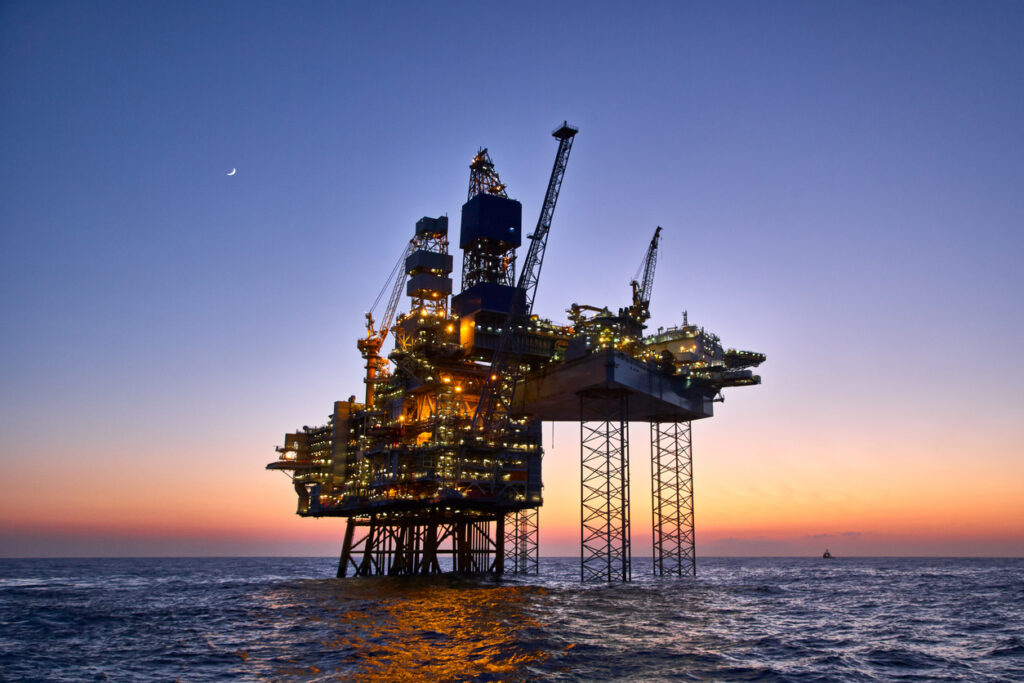(World Oil) – The UK government will stick with a controversial windfall tax for North Sea oil and gas producers until the end of the decade, dismissing complaints that the levy hurts investment and jobs.

The Energy Profits Levy will remain in place until March 2030, according to a leaked document from the Office for Budget Responsibility. The decision comes as Chancellor of Exchequer Rachel Reeves looks to raise billions of pounds to shore up public finances, which have been squeezed by higher borrowing costs and U-turns over welfare cuts.
The EPL was introduced by the previous Conservative government more than three years ago when Russia’s invasion of Ukraine drove up energy prices, swelling profits for oil and gas producers. While prices have since retreated, the tax has remained in place — and even increased — to buoy state coffers.
Last year’s EPL hike to 38% brought the headline tax rate for the oil and gas sector to 78%, making Britain less attractive for investment, producers said. Many of them, already suffering declines at mature North Sea fields, have reassessed their UK activities, opting to sell, merge or scale back operations.
The industry has been urging the Labour government not to wait until 2030 to replace the EPL, saying faster changes are needed to unlock investments, which would help boost output, support jobs and — in turn — yield more tax revenue.
A statistical analysis by Offshore Energies UK, a lobby group, showed this week that reforming the EPL in 2026 rather than the end of the decade could raise tax receipts by £15.7 billion ($20.7 billion) to £48.6 billion within 10 years.
“Delaying reform until 2030 will accelerate the decline of North Sea production, with output forecast to fall by 40% by 2030 unless action is taken,” OEUK said Monday. “This would result in the loss of 1,000 jobs per month, increased reliance on imports, and a shrinking national tax base from domestic oil and gas production.”
Image: OEUK

